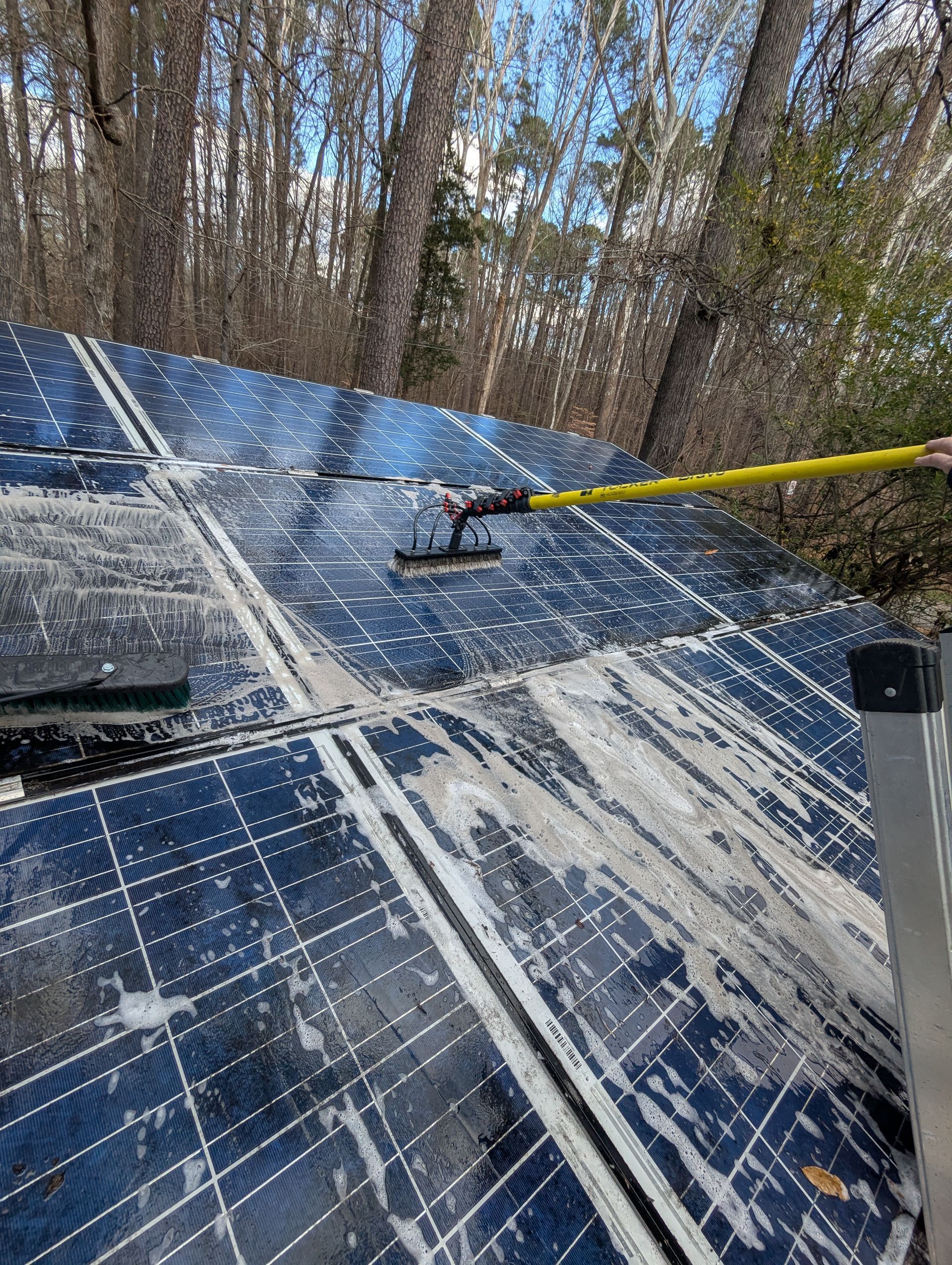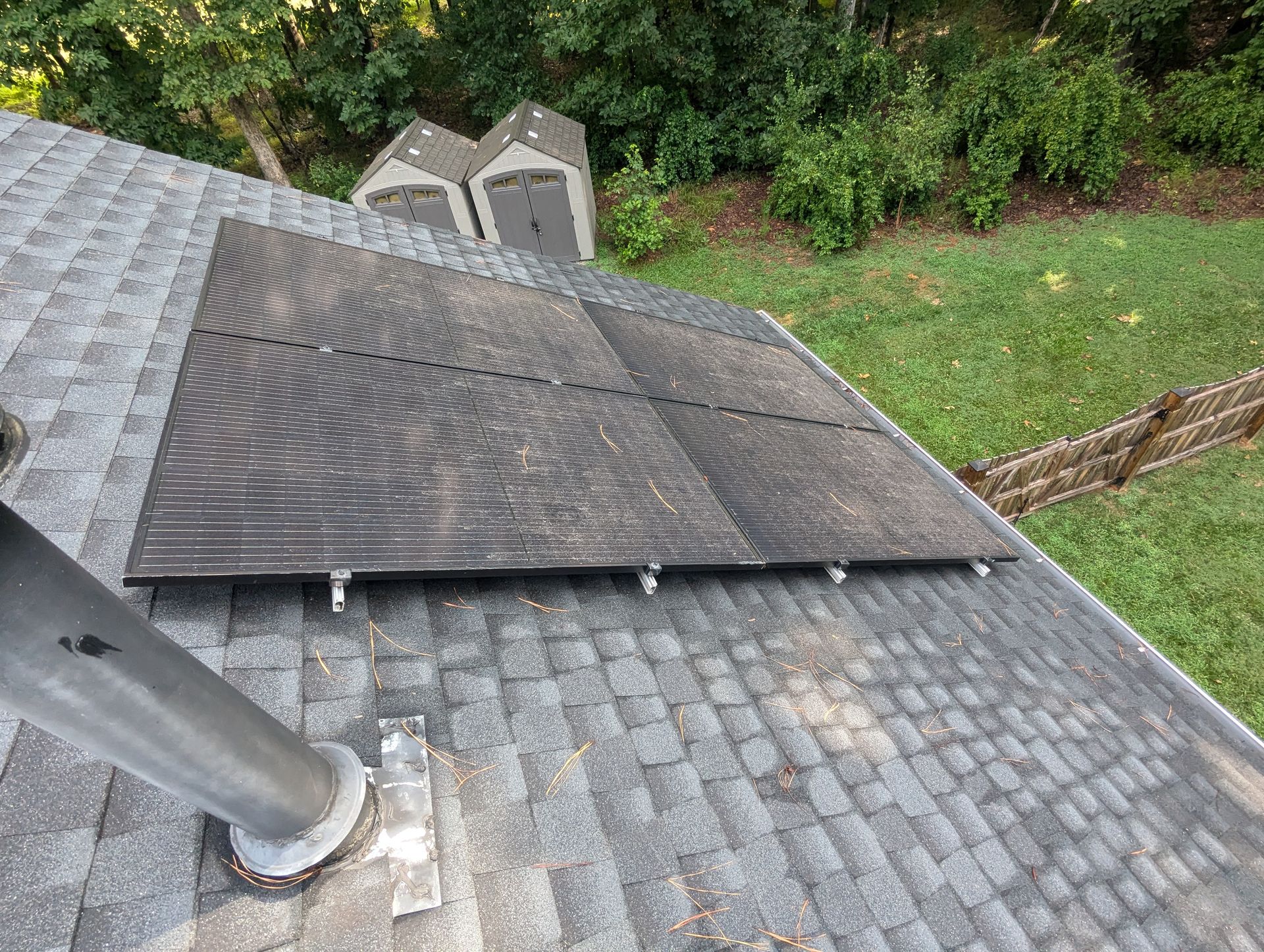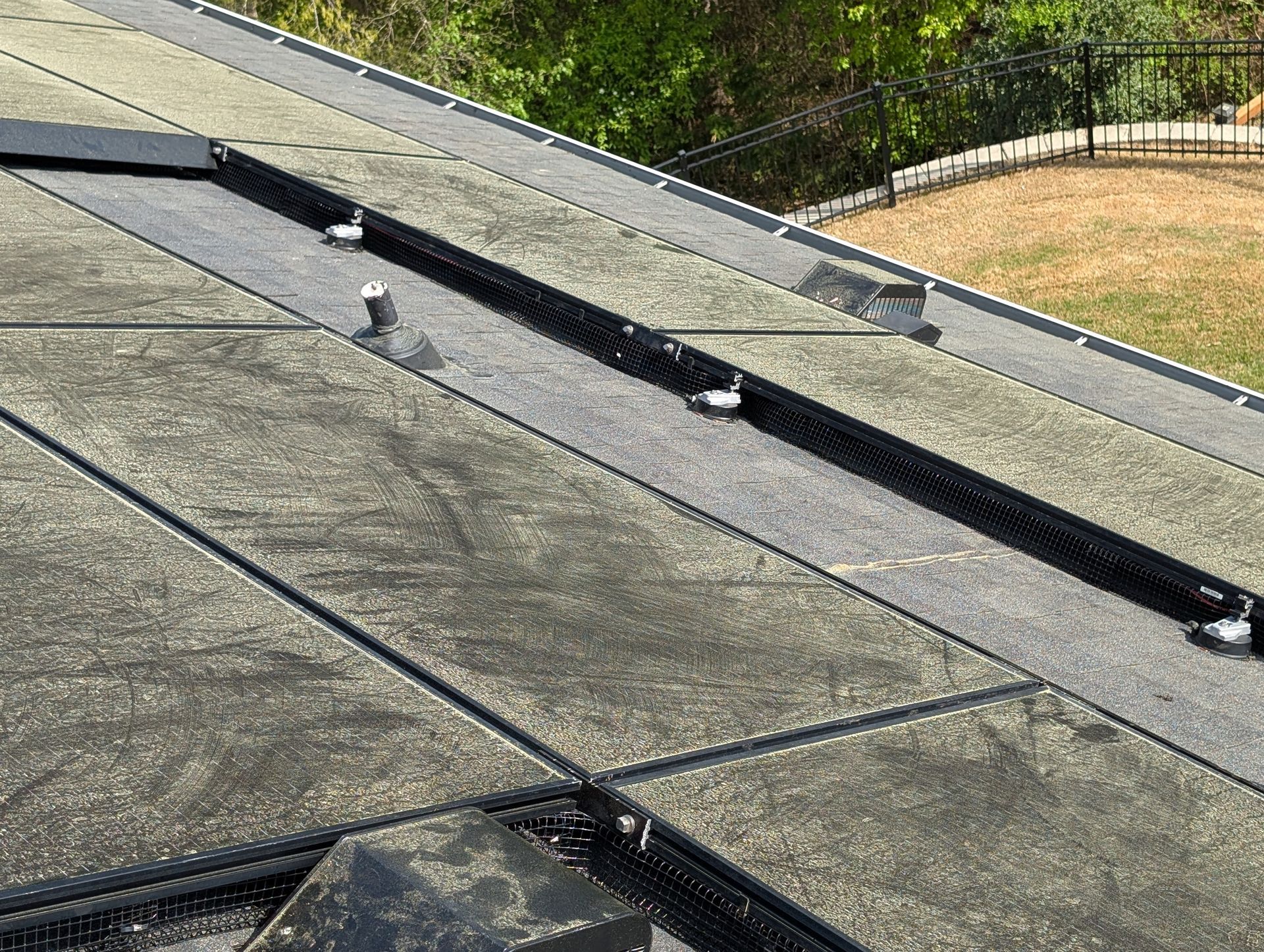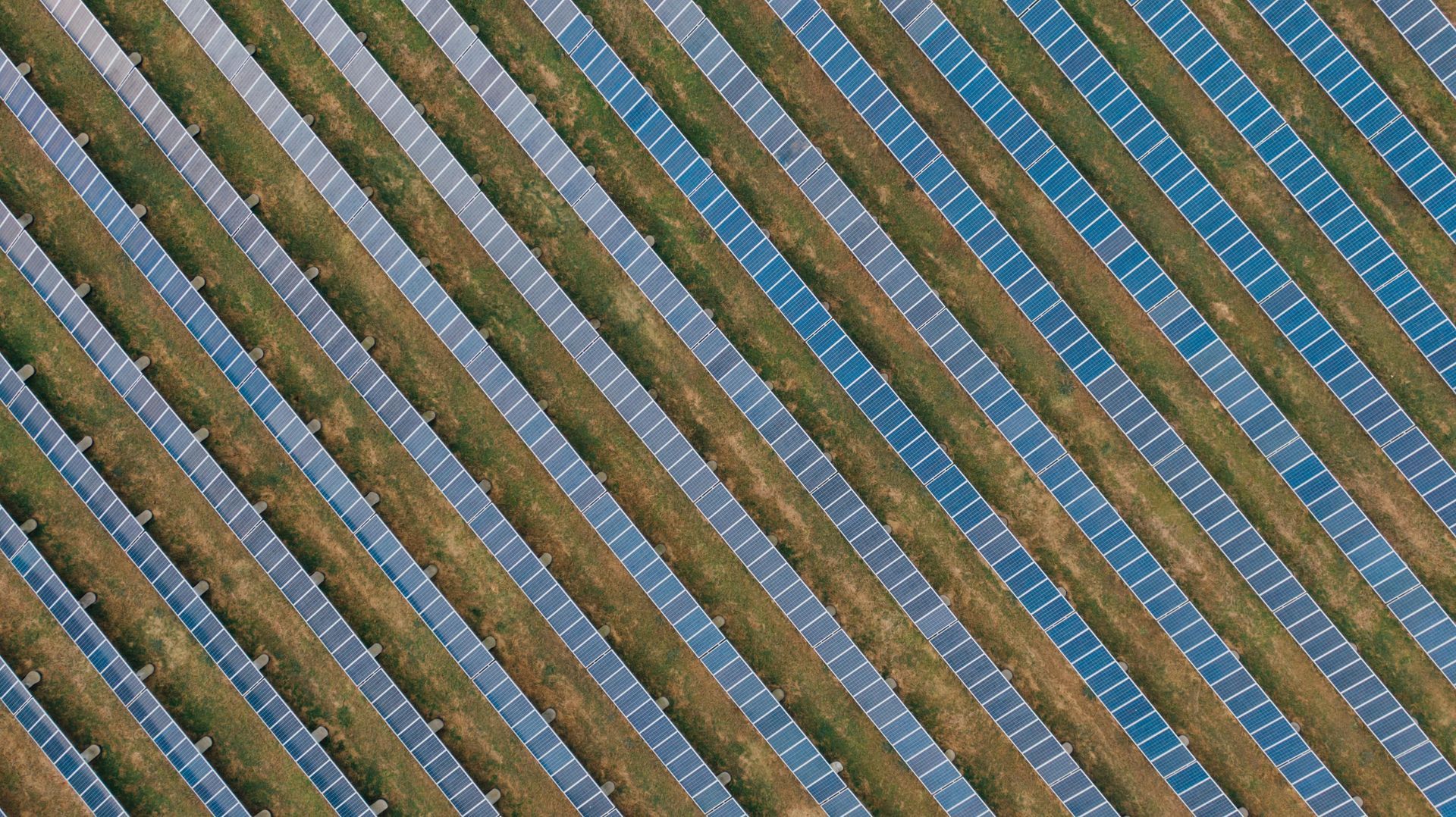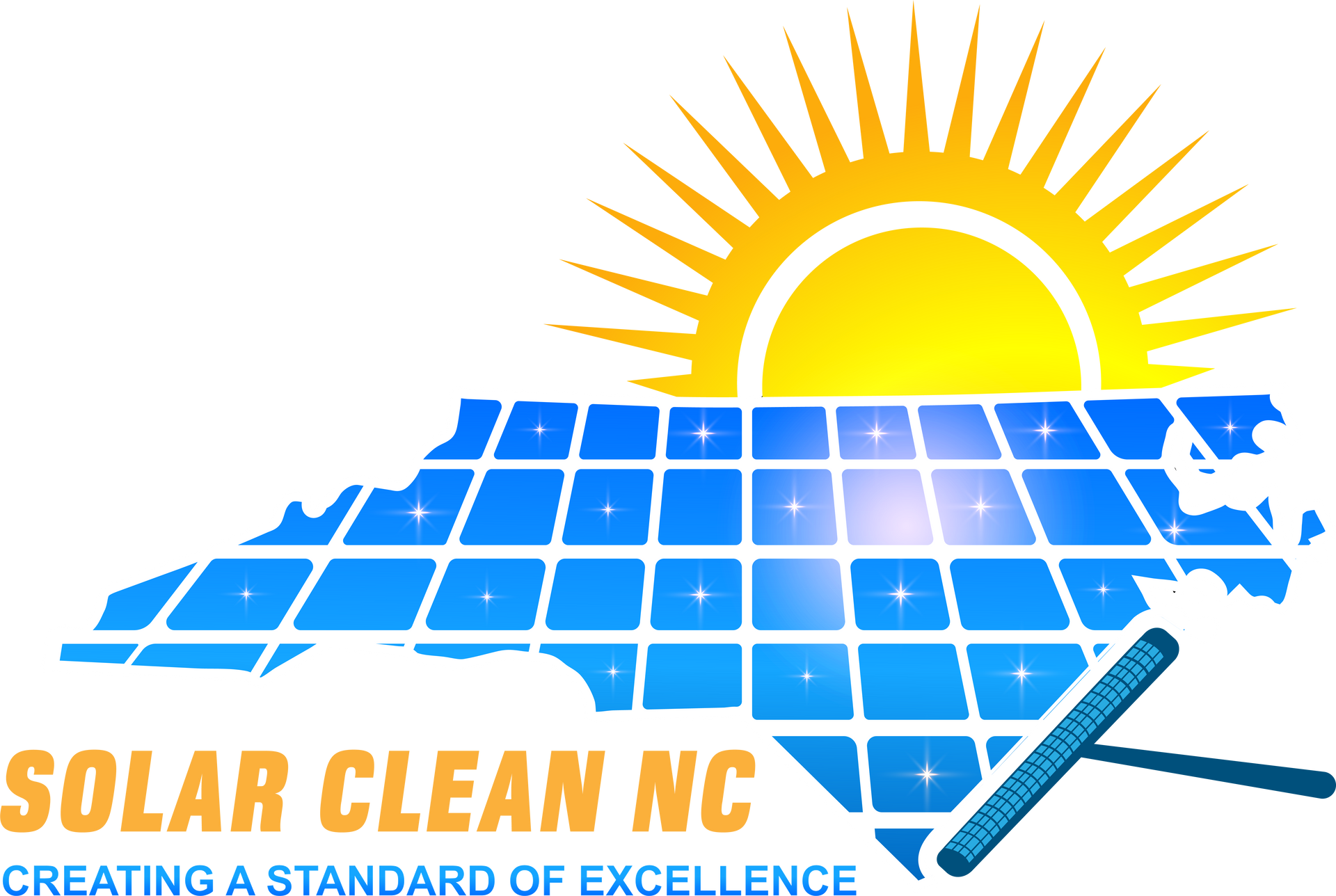How Often Should North Carolina Homeowners Clean Their Solar Panels?
Why Solar Panel Cleaning Matters in North Carolina
Solar panels are a great long-term investment for your home, but like anything else constantly exposed to the elements, maintenance is required for continued optimal performance. While solar panels may be a low-maintenance add-on, they are not a no maintenance add-on.
Whether you're a born and bred North Carolinian or even just moved here within the last year, it takes one Spring to know that amongst other dirt, dust, and debris that accumulates on everything - we get pollen. Lots of pollen.
Most solar panel owners do not know that their array should be cleaned regularly to ensure optimal performance. Imagine if you left your car outside for years, without ever moving it or thoroughly cleaning it. Imagine how clouded the windshield would be with filth. Do you think you'd even be able to see out of it? Sure, the rain might get some off - but it's just going to keep building up.
This is what we see time and time again with solar panels. An entire array, clouded with accumulation. That's where we come in.
Our Recommendation for Solar Cleaning Frequency
One of the most common questions we get is "how often should I clean my solar panels?"
It's a great question and the answer is: it depends. On average, most homeowners would benefit from one to two well-timed cleanings per year. Our recommendation, at the very least, is once after pollen season hits.
The degree of buildup on your panels depends on a variety of important factors like your location, tree coverage, bird activity, air quality, and roof pitch to name a few. Let's look into these further.
Factors Affecting Cleaning Frequency
Pollen Season
North Carolina is known for its thick, yellow coating of pollen that comes around during the Spring. The sticky residue that it leaves does not easily wash away with rain and creates a film over your panels' surface that can reduce your ability to capture sunlight optimally.
Tree Coverage
If your North Carolina home is completely surrounded by trees, particularly pine and hardwoods, you'll probably experience faster buildup from falling leaves, sap, pollen, or even bird activity. The greater amount of shade can also mean more moisture and allow grime to build up more.
Bird Activity
Bird droppings are more than just unsightly - they can actually damage your panels over time. If left on the surface, the acidic nature can have a corrosive effect on the protective coating of your panels. They can also contribute to hotspots.
Air Quality
If you live next to a very busy road, construction areas, or even farmland, your panels could be subject to greater levels of particulates in the air which can accumulate on the surface of your panels. Over time, this reduces panel transparency and overall energy output
Roof & Panel Pitch
Flatter roofs with panels tend to do a better job at collecting dirt, grime and debris than steeper, slanted roofs. The rainfall may help rinse off loose dust, but it's usually not enough to rid your panels of the more stubborn buildup. Steeper panels may benefit more from rain, but often marginally.
Signs It's Time To Clean Your Panels?
Not sure if your system needs cleaning? Some of the key signs can be a noticeable drop over time in solar energy production, visible buildup on the surface, or if its been more than 6-8 months since your last cleaning.
Ready to Schedule Your Cleaning?
If your solar panels look like the above pictures or are showing reduced efficiency, it may be time for a cleaning. Click the button below to request a quote or call us at (919) 736-6365
Check Out Other Posts
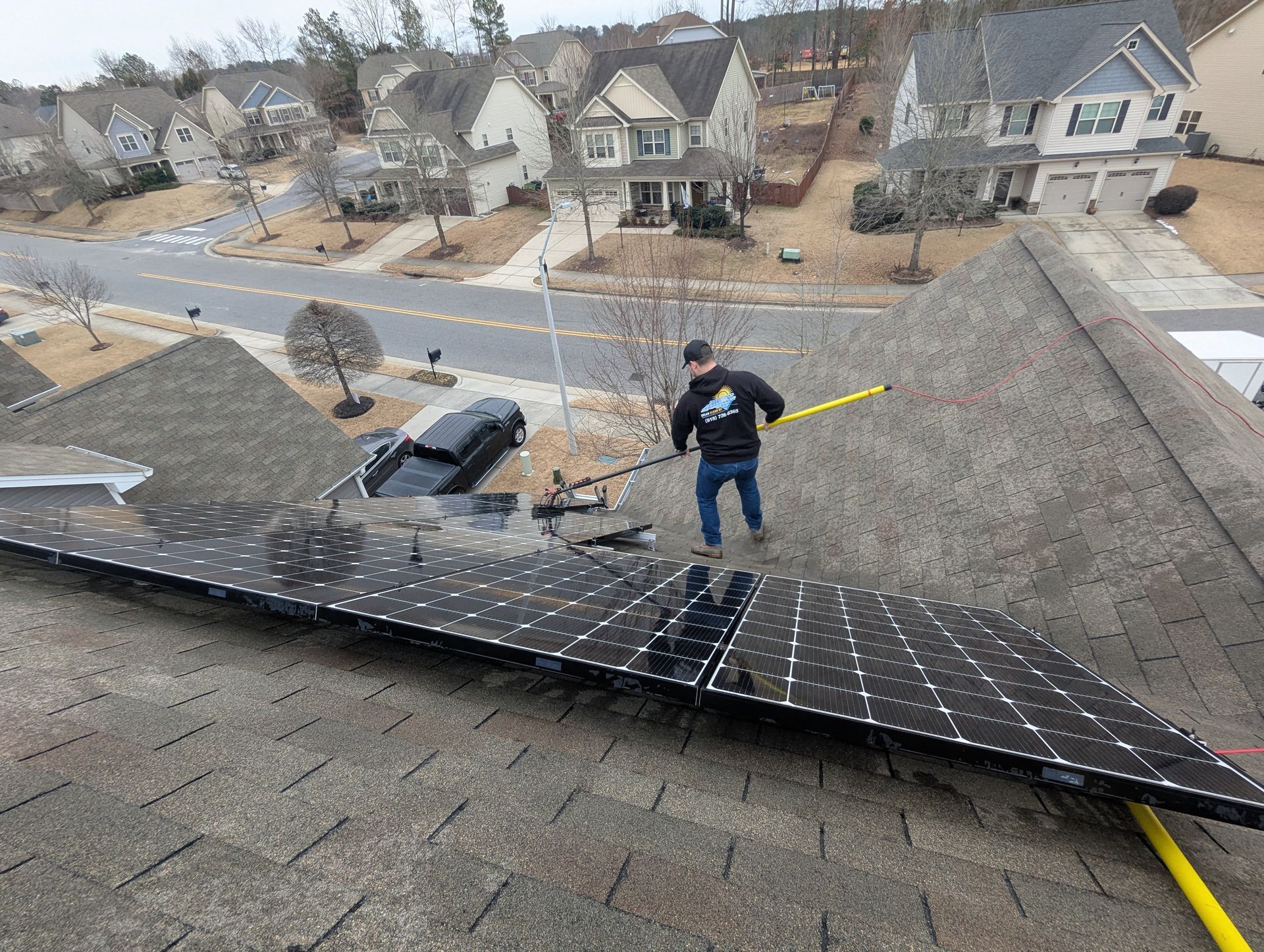
FULLY LICENSED AND INSURED
All Rights Reserved | Solar Clean NC
Website by TurboDigital Marketing
